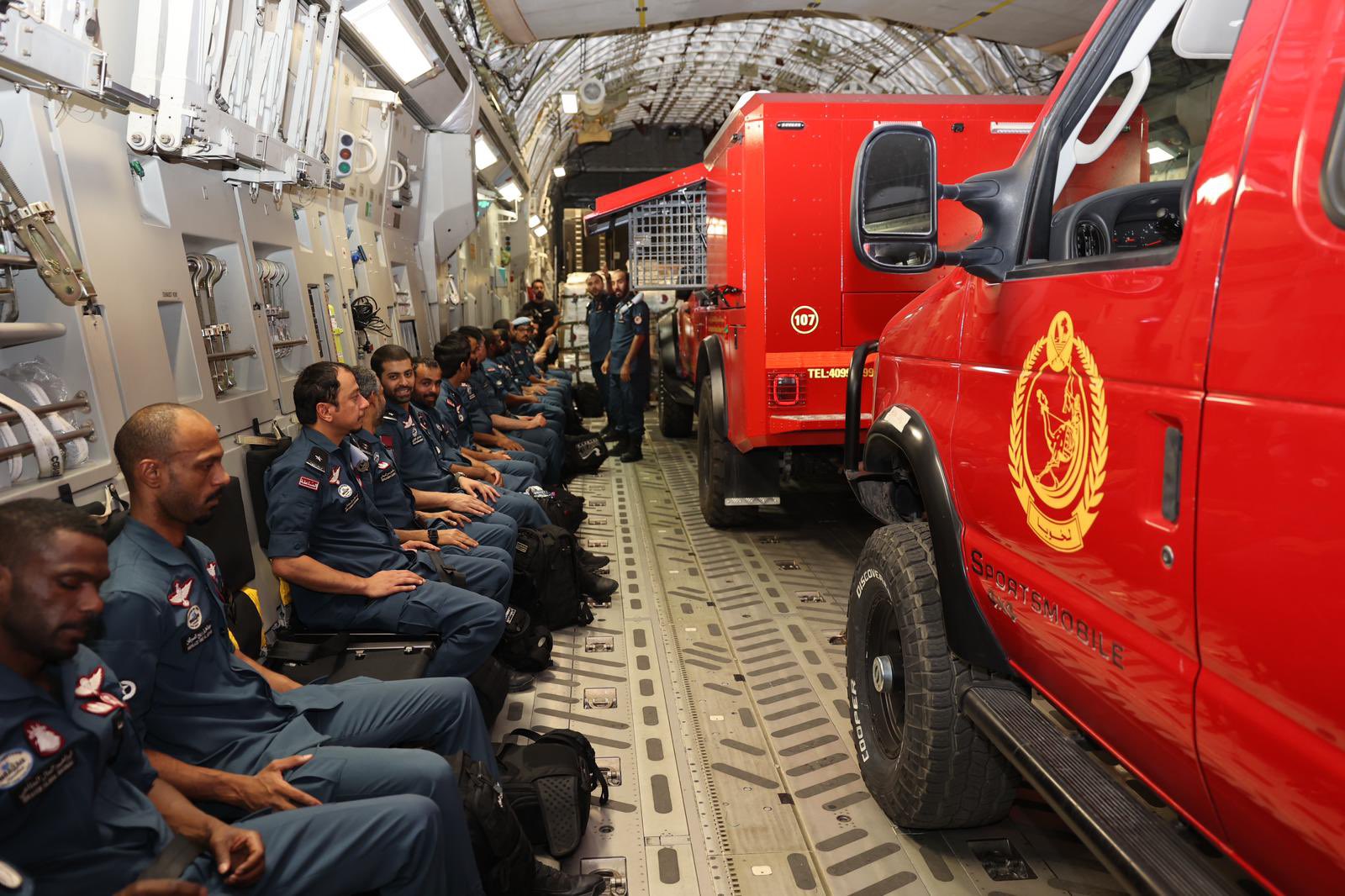King Mohammed VI’s acknowledgment of the international aid underscores the importance of cross-border cooperation and mutual assistance when faced with such calamities.
King Mohammed VI of Morocco has extended his thanks to Qatar for its swift response in providing aid following the fatal earthquake that struck the country on Friday, claiming more than 2,000 lives.
He also thanked Spain, the United Kingdom and the United Arab Emirates for their efforts.
The Moroccan monarch’s message of appreciation was conveyed through the country’s state television, late on Sunday.
As Morocco grapples with the aftermath of the destructive 6.8 magnitude earthquake, the royal statement said that careful consideration has been given to assessing the country’s aid requirements.
Qatar’s Amir Sheikh Tamim bin Hamad Al Thani dispatched a rescue team to Morocco in response to the fatal earthquake on Saturday.
“The Amir Sheikh Tamim bin Hamad Al-Thani has directed sending rescue teams and urgent medical assistance to the sisterly Kingdom of Morocco, to help with the relief efforts after the earthquake that struck several Moroccan cities and provinces,” Qatar’s state news agency (QNA) reported.
The amir’s brother Sheikh Khalifa bin Hamad Al Thani, highlighted the importance of brotherhood responsibilities in times of urgency of international efforts, saying: “In implementing the directives of His Highness the Amir, and based on the duty of brotherhood, the men of the search and rescue team in force [Lekhwiya] left the homeland, heading, with God’s protection, to the brotherly Morocco to contribute to the search and rescue operations and distribute urgent relief aid to alleviate the suffering of the brothers.”
Qatar deployed a team from the Lekhwiya forces to the Moroccan city of Marrakesh on Sunday for a search and rescue mission. The flights come as part of an air bridge that Qatar extended on Saturday in the aftermath of the quake.
The latest flight is the second to take place since Qatar’s Amir Sheikh Tamim bin Hamad Al-Thani ordered the air bridge. A number of countries have dispatched vital aid to Morocco alongside search and rescue teams, including Algeria, Turkiye and Jordan.
The deadly 6.8 earthquake hit 72kms southwest of Marrakesh on Friday evening, followed by aftershocks felt across different cities. As of Sunday afternoon, the death toll is more than 2,122, with 2,421 more injured — including many in critical condition, as per the latest figures.
The toll is projected to climb even further as rescuers dig through the rubble of collapsed houses in remote areas of the High Atlas mountains.
The Moroccan government also declared three days of national mourning on Saturday.
Morocco has officially declared the earthquake as the “most violent” to ever occur in the country in a century. The United States Geological Survey (USGS) also stated that such earthquakes in Morocco are of rare occurrence.
Now, Morocco faces the possibility of continued aftershocks in the aftermath of a devastating earthquake, based on a warning from a seismological expert. As communities across the country prepare to lay their loved ones to rest, Remy Mossu, the director of the European-Mediterranean Seismological Centre, issued a forecast that tremors will persist for weeks, if not months.
Mossu, in an interview with Sky News, revealed that more than 25 aftershocks have already rattled Morocco following the initial 6.8 magnitude earthquake. “There will be aftershocks. It is not probably, it is a certainty,” he emphasised, underlining the grave and ongoing threat faced by affected areas.
While heroic rescue efforts persistently scavenge through the disaster-stricken region for survivors, many villagers are confronted with a harrowing dilemma: the shortage of space for the proper burial of the deceased, reports state.
In response, some communities are preparing additional graves to accommodate the expected influx of bodies, even amid the rescue operations.
The UK government has pledged to dispatch 60 search and rescue specialists along with four search dogs to Morocco.
The colossal scale of destruction inflicted by the earthquake has led the Red Cross to caution that the recovery process could extend over several years.
As Morocco mourns its losses and grapples with the enduring threat of aftershocks, the nation faces a daunting and protracted journey towards reconstruction and healing.







